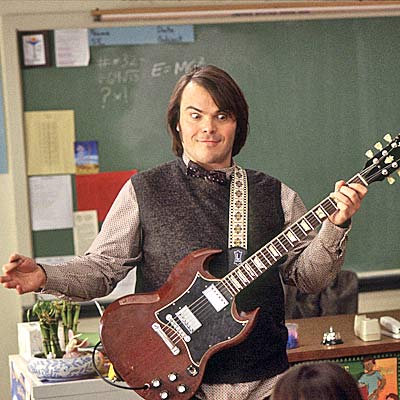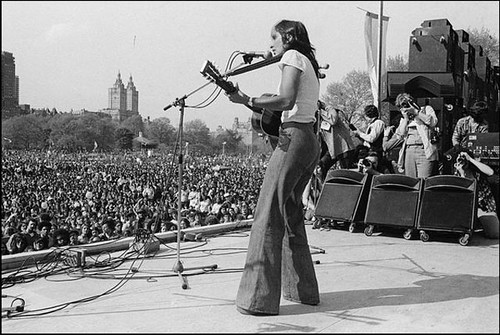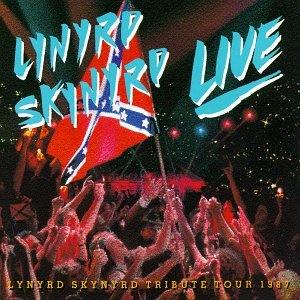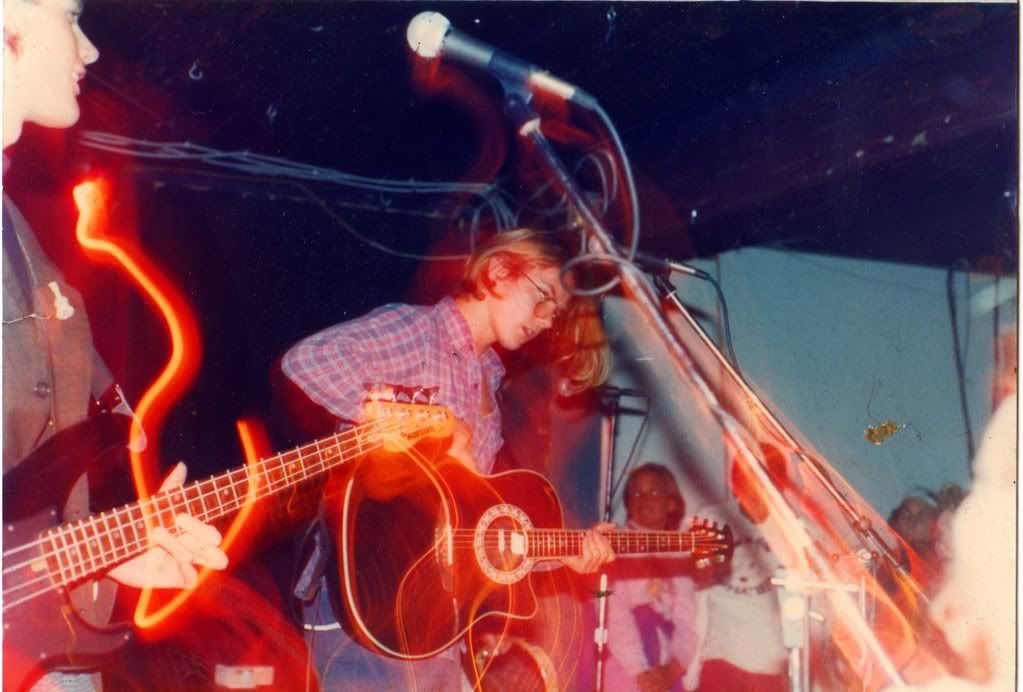 |
| Bring Back the Band! |
When I was in 6th grade, Duval county started cutting music programs, right in the middle of the year! One day I was in Chorus, the next day it was GONE. I couldn't understand why someone would come up with a stupid idea like cutting Chorus to save money. Didn't those school board officials know that singing was how I dealt with stress? Didn't they understand that dancing was how I got my exercise? No they did not. I don't know why, but for some reason, someone in charge of education decided that music was just entertainment, and not worthy of being required. I'm sorry to be rude, but that is just ignorant laziness. If the School Board that took away music education had spent any time researching the effects of music on developing brains, they would have seen how important music education is. Shame, shame, shame. The problem of cutting music education has now been going on for 20 years! That means that an entire generation has grown up without music education in school. This should be a concern.
Music education teaches some very important things that you would notice if you tried, dear school board members. Here are some of the most important life lessons that occur over the course of once-a-week piano lessons:
1. Trust Yourself.
When I teach piano, I am very strict about keeping the eyes off your hands and on the sheet music. This is the way I learned, yes, but there is a deeper lesson here. It's a lesson of trusting your own instincts and knowing that you have done everything to prepare, so there is no reason to NOT trust yourself. Let me explain:
 |
| Pat Benatar had Classical Music Education |
For the first year of piano, a student almost never leaves the same hand position on the keyboard (known as C position) so if you need to play C in the right hand, for one year it is your thumb that is sitting on C and your index finger on D and your middle finger on E. Get it? So there is no reason to look at your hands. Students look at their hands because they are scared they will mess up. But that fear is what makes them stumble! As soon as I say something like, "Ok. I'm going to cover your hands with this book and I want you to show me that you can play the song correctly without looking at your hands," they play it correctly with no fear. It works every time. That's when I say, "See? You prepared before playing the song, so you just needed to trust yourself." My hope is that this trust will spill out into non-musical decision making.
2. Confidence
 |
| Music Helped Lift Louis Armstrong Out of Poverty |
3. Quick Thinking
Musicians have to make lightning fast decisions when they play, especially during improvisation. Those of you who don't play the piano: have you ever tried to remember a song and stumbled on the notes a few times before getting it right? A student of piano should be able to get the song much quicker than that because her brain is working quickly to remember ALL THOSE RULES at one time in order to make the right musical decisions; All in the span of a one-minute song. Quick thinking and decision making is practiced every time someone practices the piano. You have to remember where both hands are supposed to go in a matter of mili-seconds! Most people can't even use their dominant hand quickly, much less figure out how to make both hands play "The Entertainer."
4. Teamwork
This life lesson is not just reserved for team sports. I start every lesson with a 5 minute jam session. This means that we improvise and make the music up as we go. That does not mean piano anarchy for 5 minutes! There are rules. If we play the Blues in the key of A, then there are certain notes that the students can and cannot play. How do you know if he hits the wrong key? It sounds bad. That's it. You don't have to be a piano teacher to hear it.
Rhythm is important when jamming together. If you are playing at the speed of a Superbowl marching band, and I play at the pace of a wedding processional, then it is going to sound terrible. BUT if we both agree on a tempo (speed) then we can listen to each other and make certain that we are working together and not against each other. There is absolutely no room for competition in a jam session. All are there to make great music. A big ego is not welcome and only serves to ruin the experience for everyone. This is a very important life lesson.
5. It Exercises Your Brain! 'Nuf Said.
 |
| Music Brings Us All Together |
It makes me very concerned to know that kids are growing up in a school system that actually has taken away music education. It's like our country wants our children to grow up to be mindless mush. They spend 8 or more hours a day at school learning what? The subjects taught in school would be easier to grasp if their brains were getting the exercise and relief needed from musical expression. Kids need to play and create. It's how they learn! Music should be an unquestionable part of education. It's deeper lessons are so important, but most of all: IT IS FUN!
And "fun" is not a bad word.










